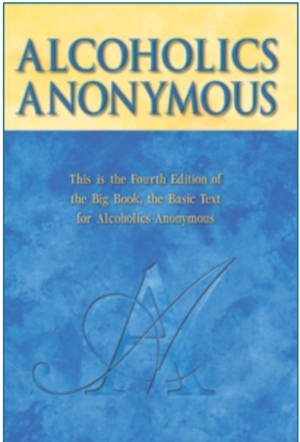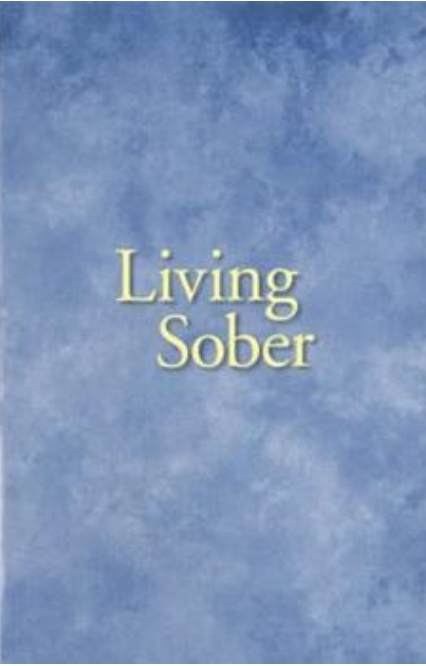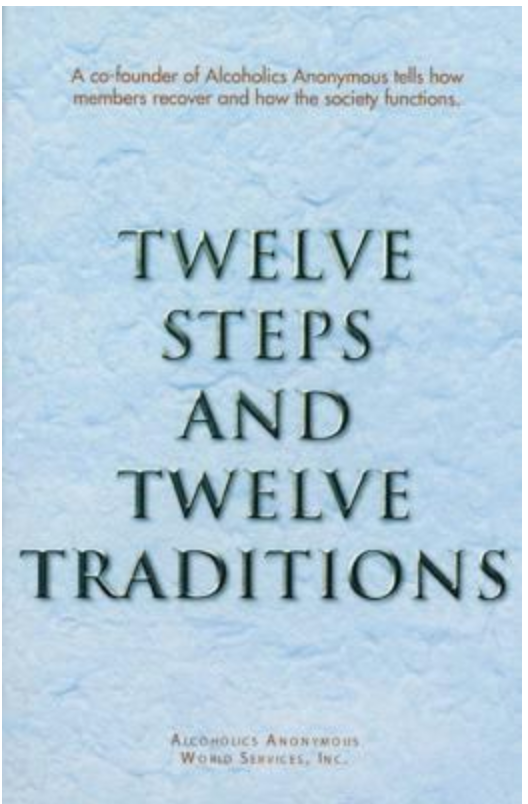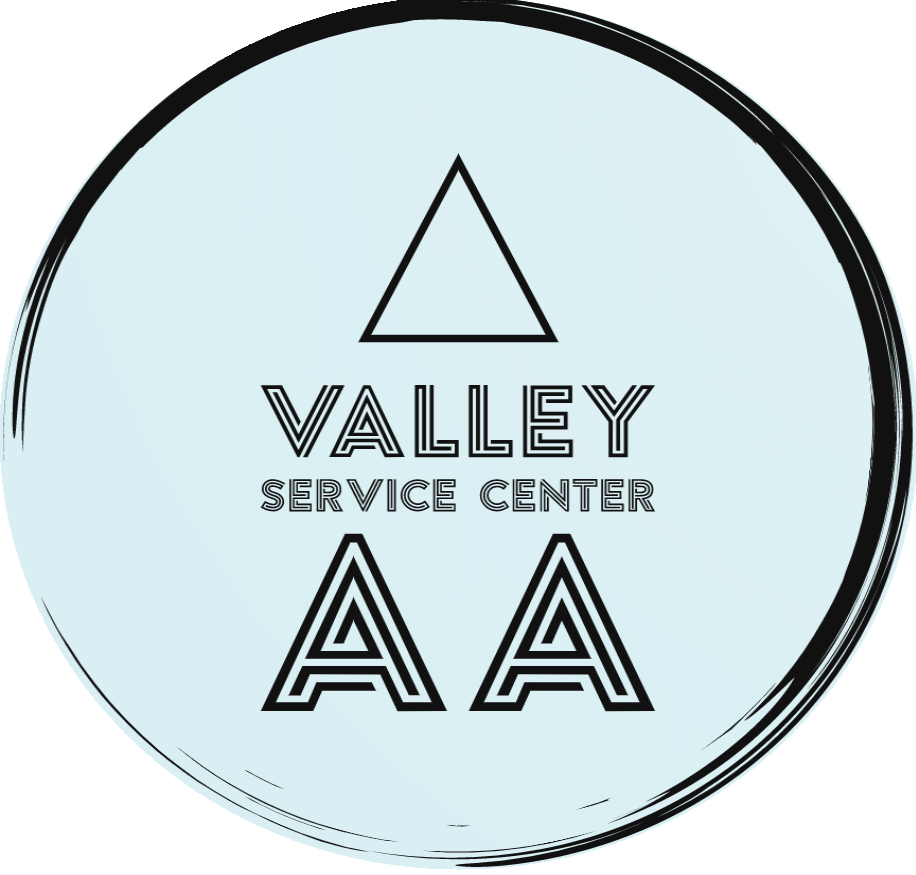Contact Us
Have a question or want to join our mailing list?
Send a Message
Frequently Asked Questions
How can I tell if I'm really an alcoholic?
“Only you can make that decision. Many who are now in A.A. have previously been told that they were not alcoholics, that all they needed was more willpower, a change of scenery, more rest, or a few new hobbies in order to straighten out. These same 7 people finally turned to A.A. because they felt, deep down inside, that alcohol had them licked and that they were ready to try anything that would free them from the compulsion to drink…There is a saying in A.A. that there is no such thing as being a little bit alcoholic. Either you are, or you are not. And only the individual involved can say whether or not alcohol has become an unmanageable problem.” ~Alcoholics Anonymous World Services, Inc. (2018) Frequently Asked Questions About A.A. [Pamphlet]
How do I join A.A.?
“No one ‘joins’ A.A. in the usual sense of the term. No application for membership has to be filled out. In fact, many groups do not even keep membership records. There are no initiation fees, no dues, no assessments of any kind. Most people become associated with A.A. simply by attending the meetings of a particular local group. Their introduction to A.A. may have come about in one of several ways. Having come to the point in their drinking where they sincerely wanted to stop, they may have gotten in touch with A.A. voluntarily…There are no membership drives in A.A. If, after attending several meetings, the newcomer decides A.A. is not for him or for her, no one will urge continuation in the association. There may be suggestions about keeping an open mind on the subject, but no one in A.A. will try to make up newcomers’ minds for them. Only the alcoholic concerned can answer the question “Do I need Alcoholics Anonymous?”
~Alcoholics Anonymous World Services, Inc. (2018) Frequently Asked Questions About A.A. [Pamphlet]
Is A.A. a religious society?
“A.A. is not a religious society, since it requires no definite religious belief as a condition of membership. Although it has been endorsed and approved by many religious leaders, it is not allied with any organization or sect. Included in its membership are Catholics, Protestants, Jews, members of other major religious bodies, agnostics, and atheists.
The A.A. program of recovery from alcoholism is undeniably based on acceptance of certain spiritual values. The individual member is free to interpret those values as he or she thinks best, or not to think about them at all…”
~Alcoholics Anonymous World Services, Inc. (2018) Frequently Asked Questions About A.A. [Pamphlet]
Why doesn't A.A. seem to work for some people?
“The answer is that A.A. will work only for those who admit that they are alcoholics, who honestly want to stop drinking — and who are able to keep those facts uppermost in their minds at all times. A.A. usually will not work for the man or woman who has reservations about whether or not he or she is an alcoholic, or who clings to the hope of being able to drink normally again.
Most medical authorities say no one who is an alcoholic can ever drink normally again. The alcoholic must admit and accept this cardinal fact. Coupled with this admission and acceptance must be the desire to stop drinking.
After they have been sober a while in A.A., some people tend to forget that they are alcoholics, with all that this diagnosis implies. Their sobriety makes them overconfident, and they decide to experiment with alcohol again. The results of such experiments are, for the alcoholic, completely predictable. Their drinking invariably becomes progressively worse.”
~Alcoholics Anonymous World Services, Inc. (2018) Frequently Asked Questions About A.A. [Pamphlet]
What does membership in A.A. cost?
“Membership in A.A. involves no financial obligations of any kind. The A.A. program of recovery from alcoholism is available to anyone who has a desire to stop drinking, whether he or she is flat broke or the possessor of millions. Most local groups “pass the hat” at meetings to defray the cost of renting a meeting place and other meeting expenses, including coffee, sandwiches, cakes, or whatever else may be served…” ~Alcoholics Anonymous World Services, Inc. (2018) Frequently Asked Questions About A.A. [Pamphlet]
More AA Resources

AA "Big Book"
Alcoholics Anonymous, also known as the “Big Book,” presents the A.A. program for recovery from alcoholism. First published in 1939, its purpose was to show other alcoholics how the first 100 people of A.A. got sober. Now translated into over 70 languages, it is still considered A.A.’s basic text. (aa.org)

Living Sober
This practical booklet demonstrates, through simple examples, how A.A. members throughout the world live and stay sober one day at a time. (aa.org)

12 Steps and 12 Traditions
Twelve Steps and Twelve Traditions explains the 24 basic principles of Alcoholics Anonymous. Known as the “Twelve and Twelve,” the book dedicates a chapter to each Step and each Tradition. Chapters provide an interpretation of these principles for personal recovery and the organization of the group. (aa.org)
